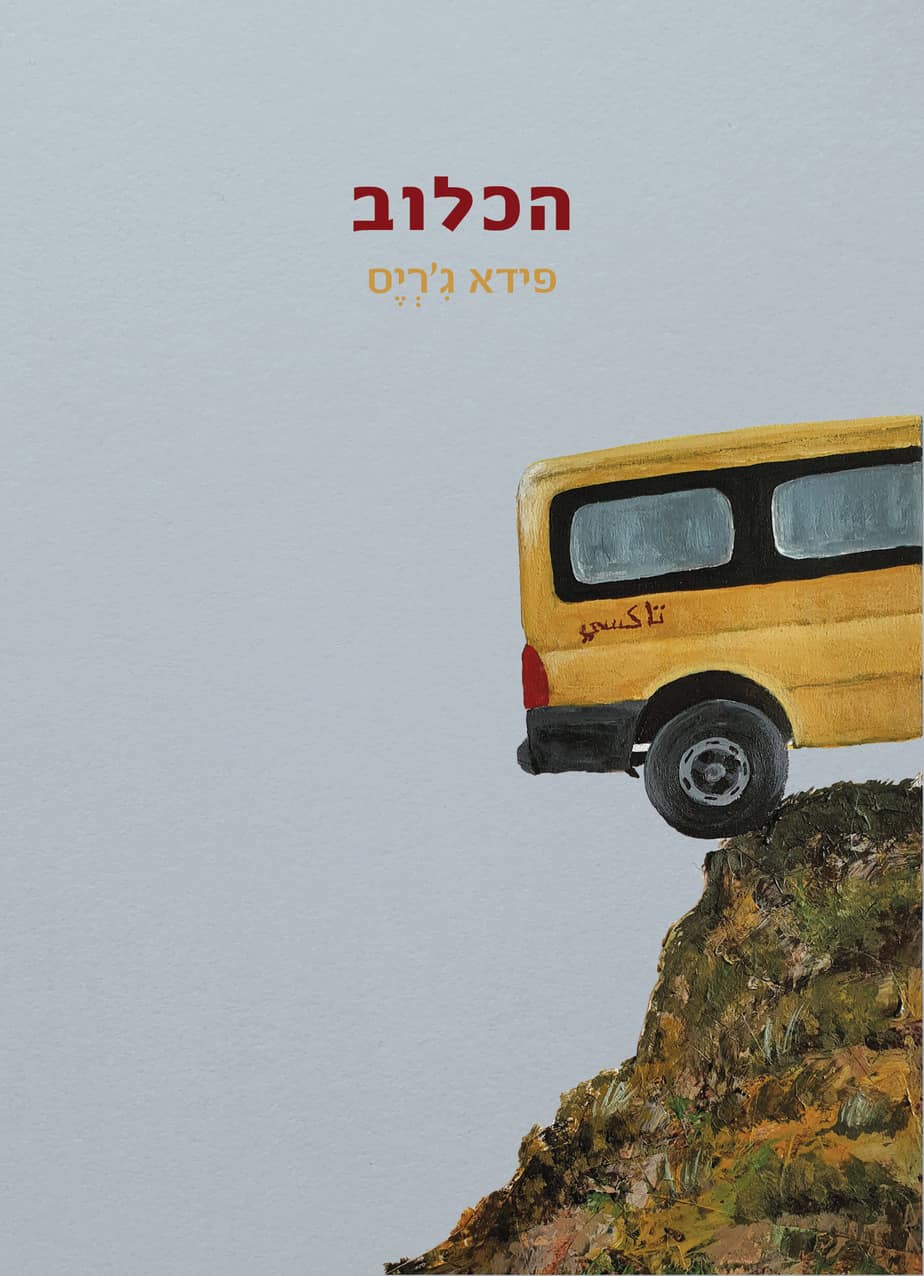

القفص
The Cage
Fida Jiryis
“My Name is Jennifer Thompson and I’m from New York. I work in the field of personal skills development, and today I want to talk to you about emotional maturity and peaceful conflict resolution.”
With these words the guest of the NGO USAID, who has come to lecture to female residents of a village in Samaria (in the story “Blocked”), begins her talk. She will go on to talk about yin and yang and inner liberation, but Manal, who is sitting in the audience, will be chattering with her friend Umayma. They will discuss cooking and child rearing: what you cook when the money is gone and your husband’s work permit has been confiscated, how you get a lawyer for the son whom the army has detained for no reason. Like her mother, Manal is uneducated and has no profession, because her father married her off when she was young. She and her friends are trapped in an endless round of poverty, oppression, and occupation.
Like them, the other characters in The Cage are also caught between fences—the army’s fences and society’s fences, financial constraints and familial constraints. But it is precisely against the backdrop of the external obstacles that the power of their inner liberation shines forth. In their souls they are free people, and their actions, thoughts, and aspirations are never dictated from the outside. With originality, inventiveness, resourcefulness, scheming, rebelliousness, and even humor they refuse time and again to reduce themselves to the role of the victim. On the dirt tracks of their land each of them aims to make her own unique way.
Translation: Dolly Baruch, Luay Watad, Bruria Horvitz, Immanuel Koplewitz | Translation review: Dima Darawshe, Gideon Shilo, Salih Ali Sawaed, Nabil Tannous | Literary editing: Rotem Raz, Dafna Rosenblit | Copy editor: Amira Binyamini-Nevo
Purchase